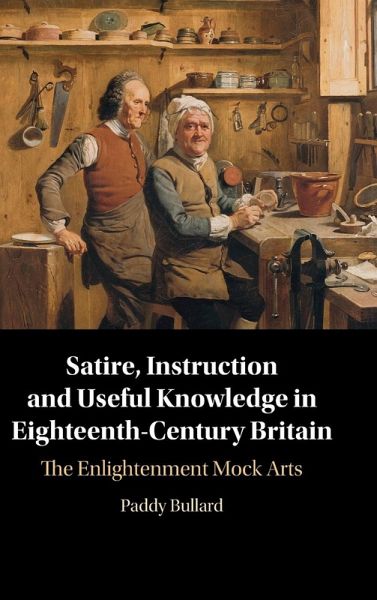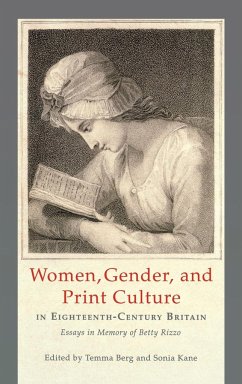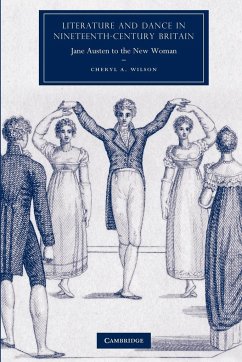
Satire, Instruction and Useful Knowledge in Eighteenth-Century Britain
Versandkostenfrei!
Versandfertig in 1-2 Wochen
107,99 €
inkl. MwSt.

PAYBACK Punkte
54 °P sammeln!
Long before the Industrial Revolution was deplored by the Romantics or documented by the Victorians, eighteenth-century British writers were thinking deeply about the function of literature in an age of invention. They understood the significance of 'how-to' knowledge and mechanical expertise to their contemporaries. Their own framing of this knowledge, however, was invariably satirical, critical, and oblique. While others compiled encyclopaedias and manuals, they wrote 'mock arts'. This satirical sub-genre shaped (among other works) Swift's Gulliver's Travels, Sterne's Tristram Shandy, and Ed...
Long before the Industrial Revolution was deplored by the Romantics or documented by the Victorians, eighteenth-century British writers were thinking deeply about the function of literature in an age of invention. They understood the significance of 'how-to' knowledge and mechanical expertise to their contemporaries. Their own framing of this knowledge, however, was invariably satirical, critical, and oblique. While others compiled encyclopaedias and manuals, they wrote 'mock arts'. This satirical sub-genre shaped (among other works) Swift's Gulliver's Travels, Sterne's Tristram Shandy, and Edgeworth's Belinda. Eighteenth-century satirists and poets submitted to a general paradox: the nature of human skilfulness obliged them to write in an indirect and unpractical way about the practical world. As a result, their explorations of mechanical expertise eschewed useable descriptions of the mechanical trades. They wrote instead a long and peculiar line of books that took apart the very idea of an instructional literature: the Enlightenment Mock Arts.














